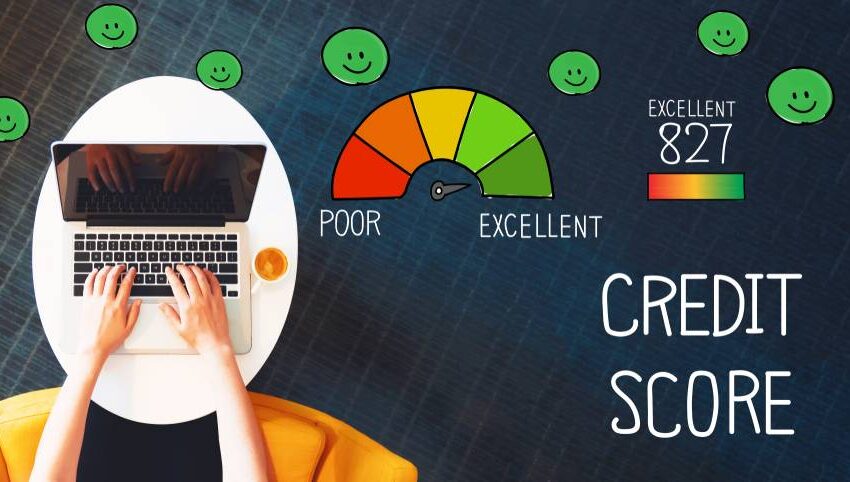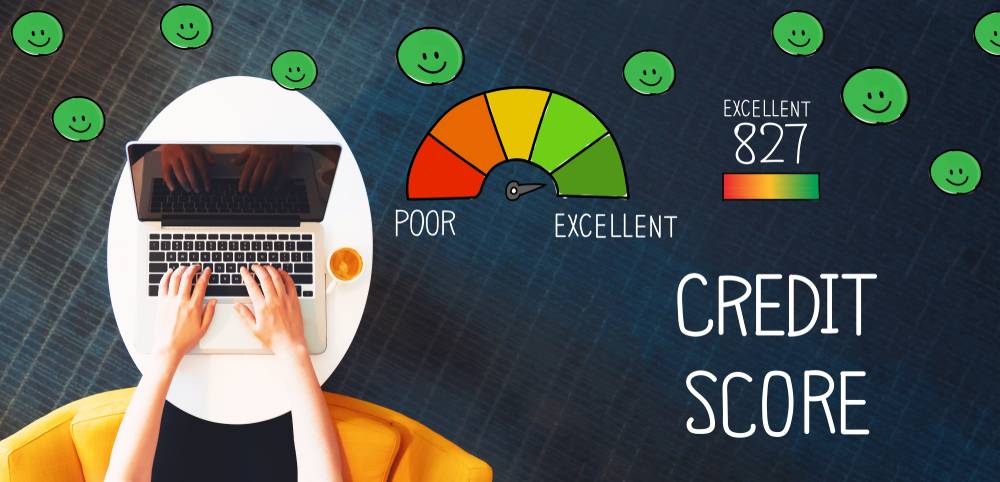Unlocking Your Financial Potential with CIBIL

 Most of us will seek for a financial assistance from the money lenders like bank and other financial institutions at least once in our life time. We are very much concentrated in obtaining loans and credit facilities form the financial institutions but we forget about the terms and conditions attached with that credit facilities. We have to be very cautious towards the terms and conditions of the credit facilities offered. A single wrong step towards availing an unsuitable credit facility may create a huge impact on the future which is going to play an important role in our life or business. In availing the credit facility, lots of documents may require and it will vary based on the nature of loan. But in all kind of credit facilities (subject to some exclusions like gold loan ect.,) some of the documents are considered to be mandatory one. In that line CIBIL Report is one of the document.
Most of us will seek for a financial assistance from the money lenders like bank and other financial institutions at least once in our life time. We are very much concentrated in obtaining loans and credit facilities form the financial institutions but we forget about the terms and conditions attached with that credit facilities. We have to be very cautious towards the terms and conditions of the credit facilities offered. A single wrong step towards availing an unsuitable credit facility may create a huge impact on the future which is going to play an important role in our life or business. In availing the credit facility, lots of documents may require and it will vary based on the nature of loan. But in all kind of credit facilities (subject to some exclusions like gold loan ect.,) some of the documents are considered to be mandatory one. In that line CIBIL Report is one of the document.
What is CIBIL
CIBIL is a numerical score given to you by the TransUnion CIBIL credit bureau based on your past loan history. This will enable the Financial Institutions like Banks and Non-Banking financial companies to know about your past behaviours with the money lending institutions where you borrowed previously. And also this will be used to determine your repaying capacity as well. Normally, if you have not obtained any loans previously, then this score will be Zero, and this is not a problem in obtaining loans now. This Score is normally allotted between 300 to 900. Banks are typically prefer 750 and above for lending money. Higher the score will get great opportunity of Loan eligibility.
What are the Factors that affects your CIBIL credit score?
Following are some of the important factors that will affect your credit score
- Irregular repayment of EMI
- Maintaining bank accounts below the minimum balance
- Negative Balance in the Bank accounts
- Making multiple loan applications with multiple institutions for a single loan
- Errors in the CIBIL Report may also affect your credit score
- Instead of using Secured and Un-secured loans in a balanced manner, using either only one type of loan also will reduce the credit score
How the CIBIL is calculated?
The credit score is determined based on the following factors.
- Payment History : 35%
- Credit Utilisation : 30%
- Credit History Duration : 15%
- Credit Mix : 10%
- New Credit : 10%
How to improve my CIBIL Score?
- Try to use Credit cards to build your score easily
- Be punctual in paying the credit card bills on time
- Instead of paying loan EMIs’ in a single shot, try to pay at regular intervals with an adequate amount
- A small amount outstanding in an EMI for long period also affect your score, hence be punctual in paying the correct EMI
- Don’t Get CIBIL report frequently, it also affects your score
- CIBIL offers one free report for every calendar year, try to take one on every year end and check whether is there any errors in that. If anything found, contact the respective financial institution who makes wrong reporting to correct the same.
- While closing your loans not only vehicle loan but for all the loans, try to get full account statement with seal & sing of the financial institution and get a loan closer letter or No objection letter. This shall be maintained as a permanent record of your file. This may be required in future if you go for any loans.
- Close the inoperative bank accounts
- Surrender the unused credit cards
What are all other credit rating agencies?
Following are some of the other credit rating agencies who are maintaining the credit records and these are controlled and governed by SEBI (Securities and Exchange Board of India)
- CRISIL Limited
- India Ratings and Research Pvt Ltd
- ICRA Limited
- CARE
- Brickwork Ratings India Pvt Ltd
- SMERA Ratings Limited
- Info metrics Valuation and Rating Pvt Ltd
Disclaimer: The Informations in this article is only meant for educational purpose and not for any commercial or trading activities. Either the Author nor the Owners of this web site will not be responsible for any losses incurred based on the reliance of the above informations.


